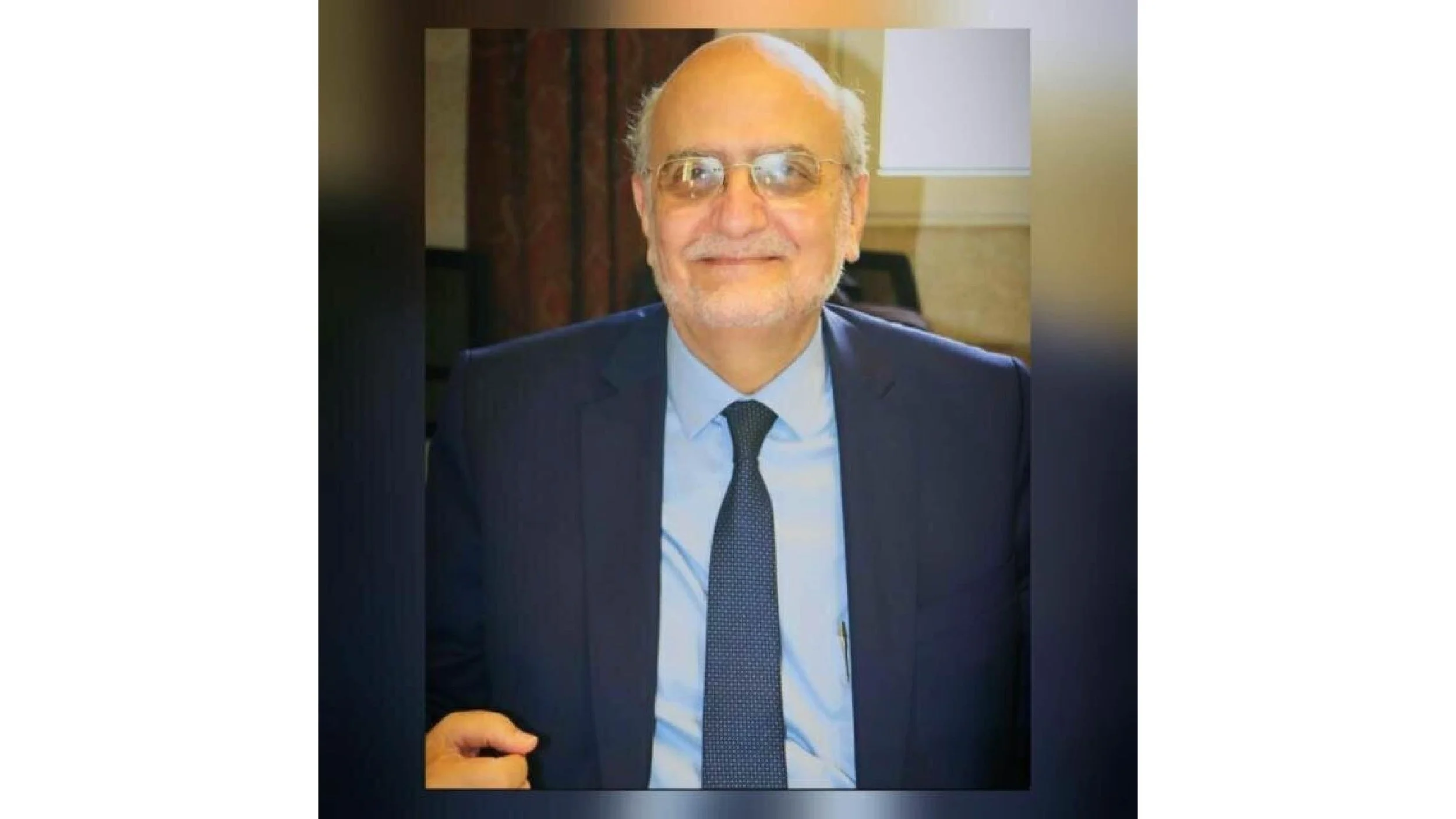Contemplations during harsh times
Dr. Michel E. Abs
The Secretary General of the Middle East Council of Churches (MECC)
During this period, we live several significant events that carry profound lessons for humanity. Among the most noticeable are Easter, the commemoration of the abduction of the Archbishops of Aleppo on April 22, the commemoration of the Armenian massacres on April 24, and later, the commemoration of the Syriac-Assyrian-Chaldean massacres on June 15, referred to as Sayfo.
In this emotionally charged period, the Christian believer pauses to contemplate these events that have shaped a crucial part of human history. All revolve around the Christian faith, the Christian mission, and the Christian role in this region and the world.
Christ was unjustly arrested, tried by hypocrites, and crucified by tyrants who believed the hypocrites’ words. However, He triumphed over annihilation through resurrection, offering hope and new life to humanity. His “crime” was teaching and practicing love, challenging all those who harbor spite, hatred, fanaticism, and corruption.
The Armenian people, followers of Christ’s faith, suffered a similar fate. They were unjustly “arrested” and slandered, tried by a group of hypocrites and tyrants, and subjected to all forms of torture, humiliation, and abuse. This group of tyrants committed murder against more than one community under its authority, sparing no human group that it perceived as weak.
The two bishops of Aleppo, also followers of Christ’s faith, were abducted. Abduction is a deeply ugly and humiliating act, especially considering they were on a humanitarian mission they had been carrying out since the beginning of the war in the Levant. People were displaced, killed, their homes destroyed, their property looted, their futures lost, and their fates left to the wind.
Although we know nothing about the fate of the two bishops, these two venerable pontiffs, we don’t need extensive scientific analysis to speculate on what might have happened to them. These two clerics fell into the hands of gangs that did not even spare their own clerics. What can we expect? They are not in a recreational resort, nor in a medical rehabilitation center. It is likely that they have not been treated any better than Christ during His crucifixion, or the Armenians during their extermination. We can only hope that our analysis is incorrect.
Indeed, the narratives of injustice, tyranny, calvary, and crucifixion are recurring themes in human history. However, the story of the resurrection stands as a beacon of hope amidst these tales of suffering. It tells us that the Son of Man became flesh, walked among us, and guided us towards eternity. The resurrection is a symbol of hope for the faithful, those who sanctify the human soul and uphold human dignity, following in the footsteps of the Master who preached love and overcame the world. This narrative serves as a powerful reminder that love and hope can triumph over injustice and tyranny.

